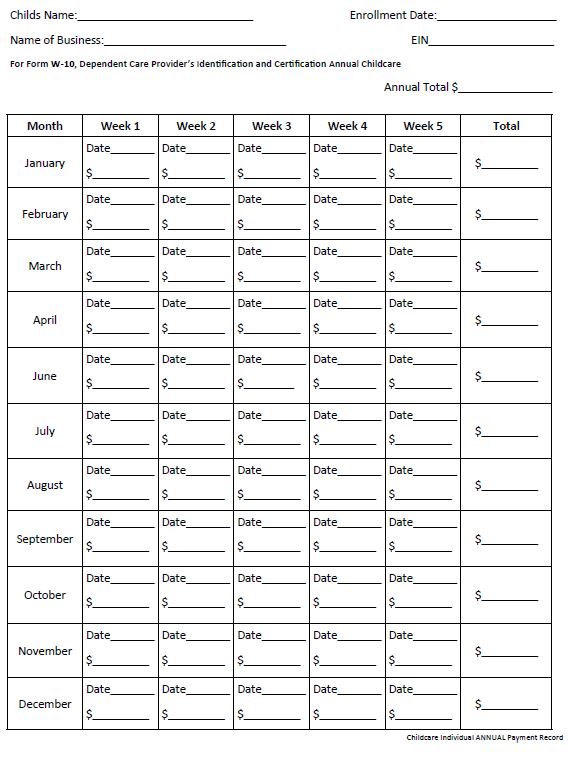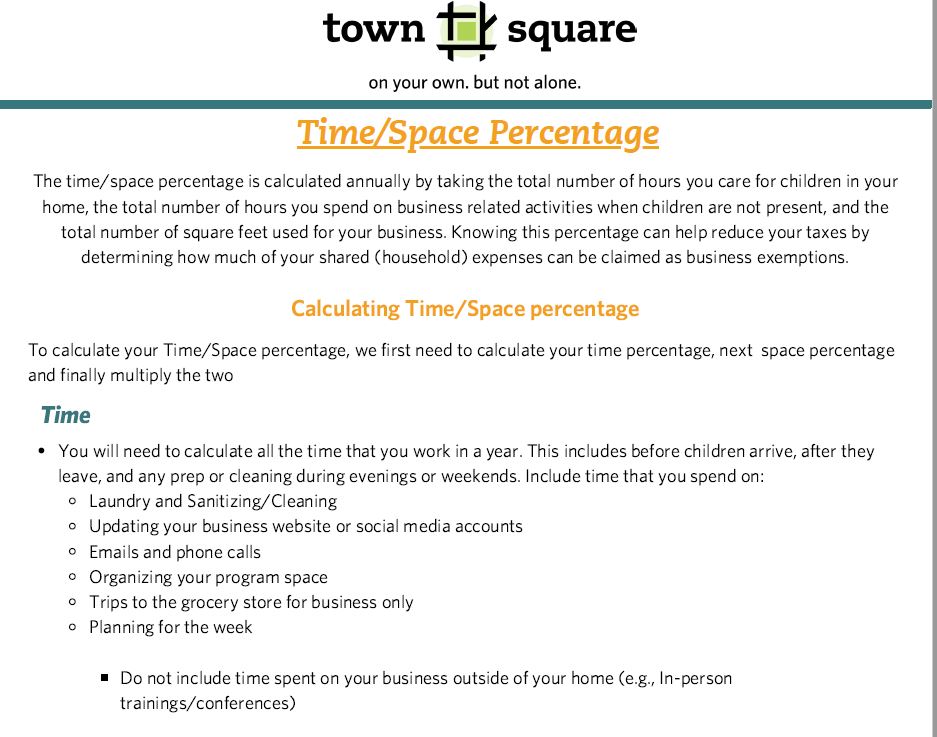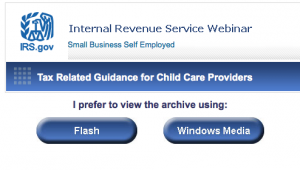Home Grown, in collaboration with Civitas Strategies, will be hosting webinars for home-based child care providers on how to prepare for tax season. The webinars will review key topics including: identifying a tax preparer, understanding the documents you need for your taxes, and what to do to start getting ready for next year. There will be a session hosted in English and in Spanish. The English webinar will be held on Jan. 30 at 6 p.m. ET/ 3 p.m. PT.→ Register for English session here
While the informal setting of family child care can feel much warmer than a typical business, at the end of the day it is a source of income and a profession. As the owner of a family child care home, you’ll learn about marketing, advertising, accounting, and so much more.
With tax season in full force. We wanted to share this wonderful resource created by Home Grown Child Care with Civitas Strategies.
This tax workbook for Home-based Child Care providers, available in English & Spanish, was designed to simplify the process of completing 2022 taxes and alleviate some of the stress by providing step-by-step guidance.
Tracking both spending and income is vital for any enterprise, especially for small businesses.
Tracking income requires logging payments per child/family as it helps ensure you are receiving funds, and has the added benefit of being a record of each payment. Accurate bookkeeping helps both you as well as the families complete their W-10 and taxes. Heather Mallett is a family childcare professional in Vincennes, Indiana. She is the Director and Owner of Happy Hearts Daycare and Preschool LLC, as such, Heather shares this Individual Annual Payment Record form to track payments and record totals for families. A few years ago, Heather came across this resource from a fellow childcare CEO based in another state and has used it ever since.
To use the form:
- Create one for each child/family at the start of the year
- Add the sheet to the child’s folder
- Enter in the payment every Friday, or whenever payment is due
- At the end of the month, tally the total
- At the end of the year, add the annual total and add your EIN
- Make a copy to share with families, and keep the original for your records
Heather also includes a note stating, if families request a second copy, it will cost $2.
Childcare Individual ANNUAL Payment Record
This Town Square created resources explores how to calculate your time and space percentage. Knowing this percentage can help reduce your taxes by determining how much of your shared (household) expenses can be claimed as business exemptions.
Get your tax payments organized at the federal and state level by creating an account with the U.S. Department of the Treasury and the state of Illinois.
The Electronic Federal Tax Payment System® tax payment service is provided free by the U.S. Department of the Treasury. After you’ve enrolled and received your credentials, you can pay any tax due to the Internal Revenue Service (IRS) using this system. You can also set up an account for the state of Illinois at My Tax IL.
It is tax season and this webinar presented by the Internal Revenue Service provides helpful information for child care providers about tax related issues including:
- Income items
- Recordkeeping tips
- Business use of the home calculation
- Expense Issues
- Depreciation rules and reporting
- Food Program Reimbursements (CACFP)
This webinar can be viewed using Flash Player or Windows Media and there is also a PDF of the powerpoint presentation available. For more information from the IRS for Family Child Care Providers see the Child Care Tax Center page on the IRS website.
Click here for the webinar.
Do you have high-deductible, minimal coverage health insurance? Did you know that you can start a Health Savings Account (HSA) to pay for medical expenses? A HSA is a tax-advantaged medical savings account that allows you to contribute money and then take money out for certain out of pocket medical expenses tax-free. You can eventually roll your HSA over into a retirement account. Find more information about Health Savings Accounts here.





